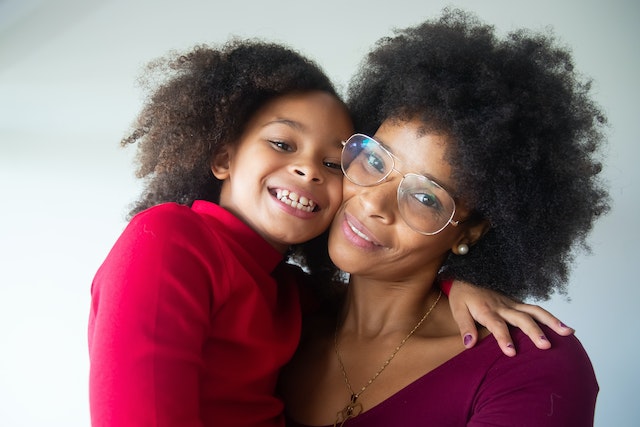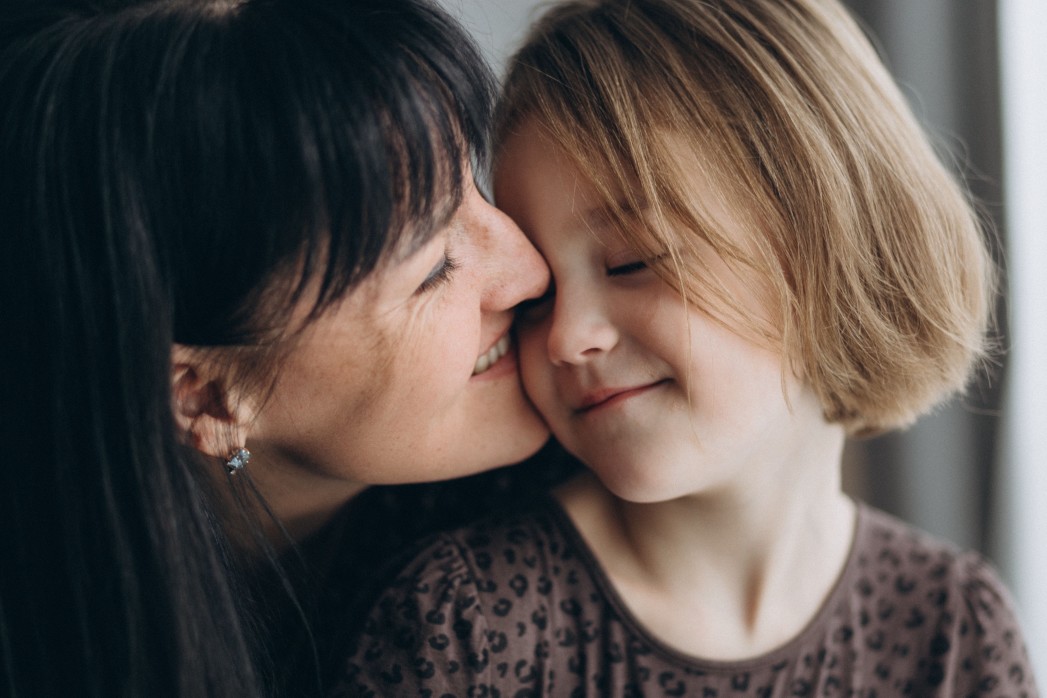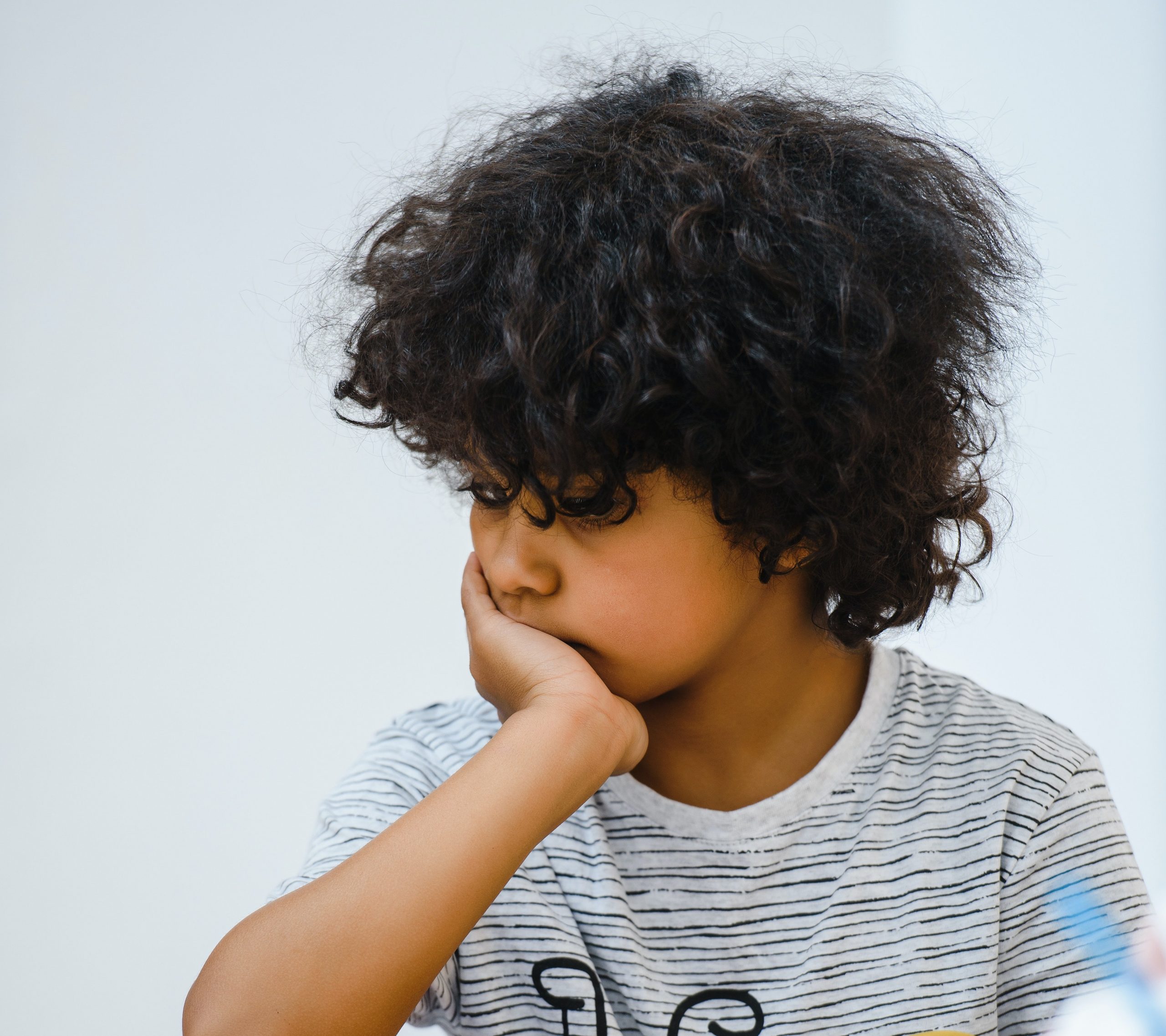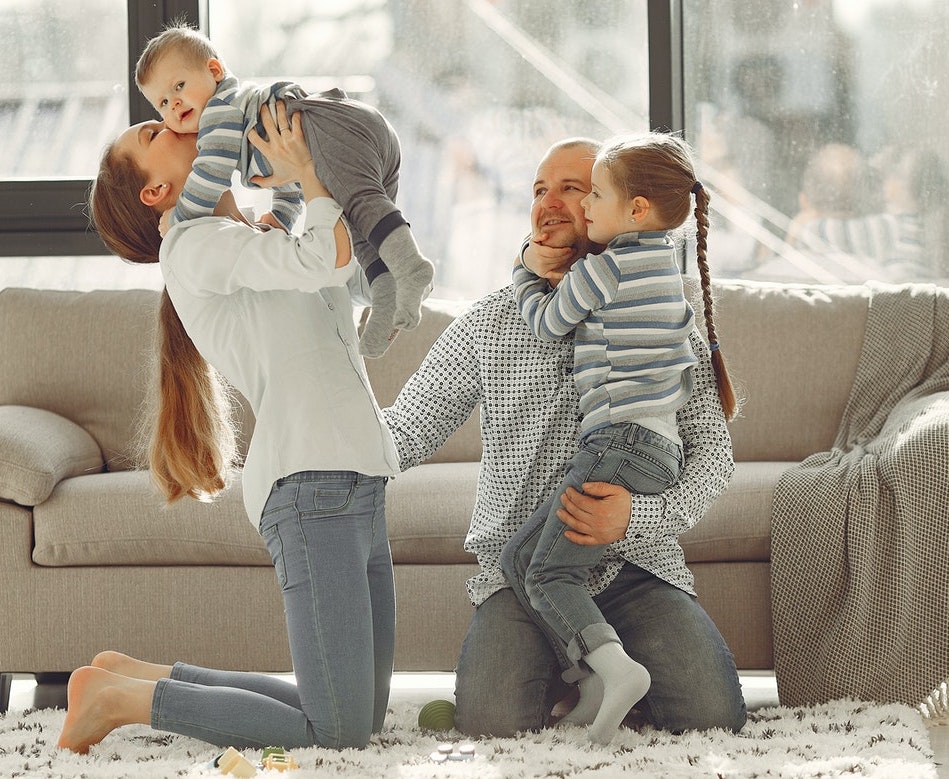Nine Tips for Talking With Kids About Trauma
 As much as we might want to, we can’t always protect children from witnessing violence and tragedy in the world, whether it’s mass shootings, terrorist attacks, or war. As parents, teachers, and other supportive adults, what we can do is comfort and communicate with children in the most healing way possible. Read more ›
As much as we might want to, we can’t always protect children from witnessing violence and tragedy in the world, whether it’s mass shootings, terrorist attacks, or war. As parents, teachers, and other supportive adults, what we can do is comfort and communicate with children in the most healing way possible. Read more ›


 We think we have to push our kids to do more, achieve more, be more. But we’re modeling the wrong traits—like rule-following and caution—and research shows it’s not working. This kind of “Striver” mindset isn’t just making kids unhappier, says Dr. Michele Borba. It’s actually the
We think we have to push our kids to do more, achieve more, be more. But we’re modeling the wrong traits—like rule-following and caution—and research shows it’s not working. This kind of “Striver” mindset isn’t just making kids unhappier, says Dr. Michele Borba. It’s actually the 
 Gentle parenting is about recognizing your child as an individual and responding to their needs. The tools of gentle parenting are connection, communication, and consistency.
Gentle parenting is about recognizing your child as an individual and responding to their needs. The tools of gentle parenting are connection, communication, and consistency. 
 In our interactions with our children, each of us has the choice to respond in ways that either strengthen or weaken our relationships with them.
In our interactions with our children, each of us has the choice to respond in ways that either strengthen or weaken our relationships with them. 
 Want to parent with more empathy but can’t think of what to say? Here are some no-fail sentences to get you started in any situation.
Want to parent with more empathy but can’t think of what to say? Here are some no-fail sentences to get you started in any situation. 
 Many tools can help your children work through anxiety. These are strategies licensed mental health clinicians use with people in therapy, and research has found these strategies to be beneficial in treating and managing anxiety.
Many tools can help your children work through anxiety. These are strategies licensed mental health clinicians use with people in therapy, and research has found these strategies to be beneficial in treating and managing anxiety. 
 When we teach kids early on that it’s OK to talk about race, we help them to understand, respect, and appreciate the differences between people. This builds empathy and compassion for others so that kids are better able to see when things in their world seem unjust or unfair — and can do something about it.
When we teach kids early on that it’s OK to talk about race, we help them to understand, respect, and appreciate the differences between people. This builds empathy and compassion for others so that kids are better able to see when things in their world seem unjust or unfair — and can do something about it. 
 Infants as young as six months old can recognize differences in skin color. By age two and a half, research has shown, children prefer playmates who are similar in race and gender. And as early as age three, they are forming judgments about people based on racial differences.
Infants as young as six months old can recognize differences in skin color. By age two and a half, research has shown, children prefer playmates who are similar in race and gender. And as early as age three, they are forming judgments about people based on racial differences.

 We are all different, and we know that not every child fits into a specific category. Is your child struggling with learning or behavioral outbursts? Your child is not broken and you are not a bad parent.
We are all different, and we know that not every child fits into a specific category. Is your child struggling with learning or behavioral outbursts? Your child is not broken and you are not a bad parent. 
 After a tragic event, you may find yourself struggling with how to talk to your child about their feelings and fears.
After a tragic event, you may find yourself struggling with how to talk to your child about their feelings and fears. 

